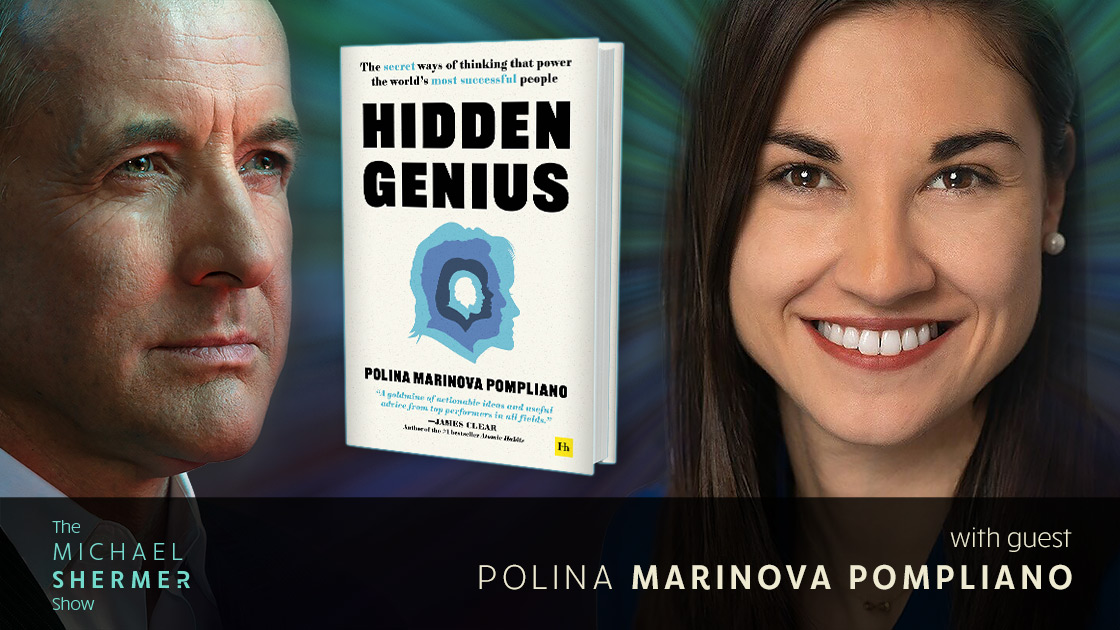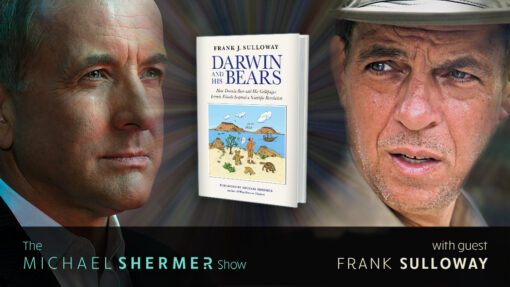genius

Shermer and Pompliano discuss: personal journey from college to Fortune to The Profile • what distinguishes the truly exceptional from the merely great • What is genius? • hindsight bias • David Goggins: Do something that sucks every single day • stress-testing yourself through regular hardship • victimhood: “Suffering is universal but victimhood is optional” • fear • updating existing beliefs • pursuing meaningful goals • trust = consistency + time.

Michael Shermer speaks with American psychologist Dr. Frank J. Sulloway about the relative roles of genes, environment, hard work, and luck in how lives turn out. For decades, Dr. Sulloway has employed evolutionary theory to understand how family dynamics affect personality development.
Michael Shermer speaks with American psychologist Dr. Frank J. Sulloway about the relative roles of genes, environment, hard work, and luck in how lives turn out. For decades, Dr. Sulloway has employed evolutionary theory to understand how family dynamics affect personality development.
Are the greatest artists, musicians, and writers melancholic, bipolar, alcoholic, drug addicted, schizophrenic, autistic, or disordered in other ways? How can we know, with any degree of certainty, whether creativity and mental illness are related? In this week’s eSkeptic, Dr. Carol Tavris takes a look at the persistent myth of the mad genius. This article appeared in Skeptic magazine 20.1 (2015).
In this week’s eSkeptic, we draw from the archives of Skeptic magazine issue 2.1 (from 1993) in which the late, great Steve Allen (1921–2000), shared his observations on genius.
In this week’s eSkeptic, Dr. Chris Edwards examines some of the claims made by Kristine Barnett about her autistic savant son, James, in her book entitled The Spark: A Mother’s Story of Nurturing Genius.










